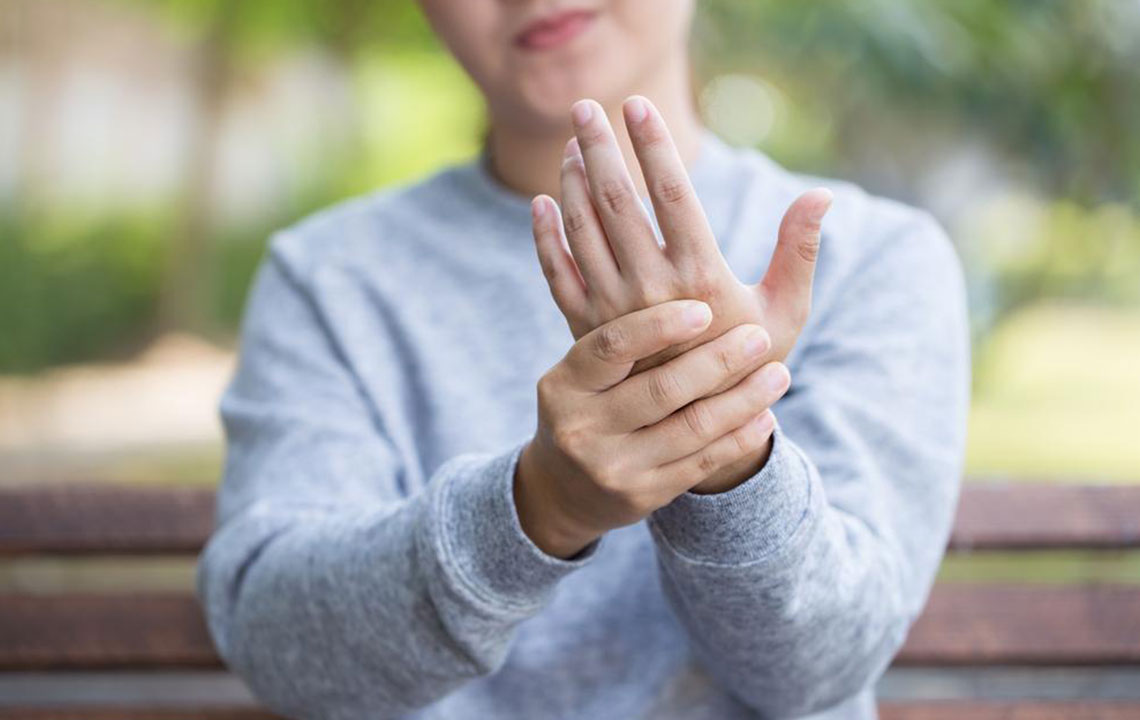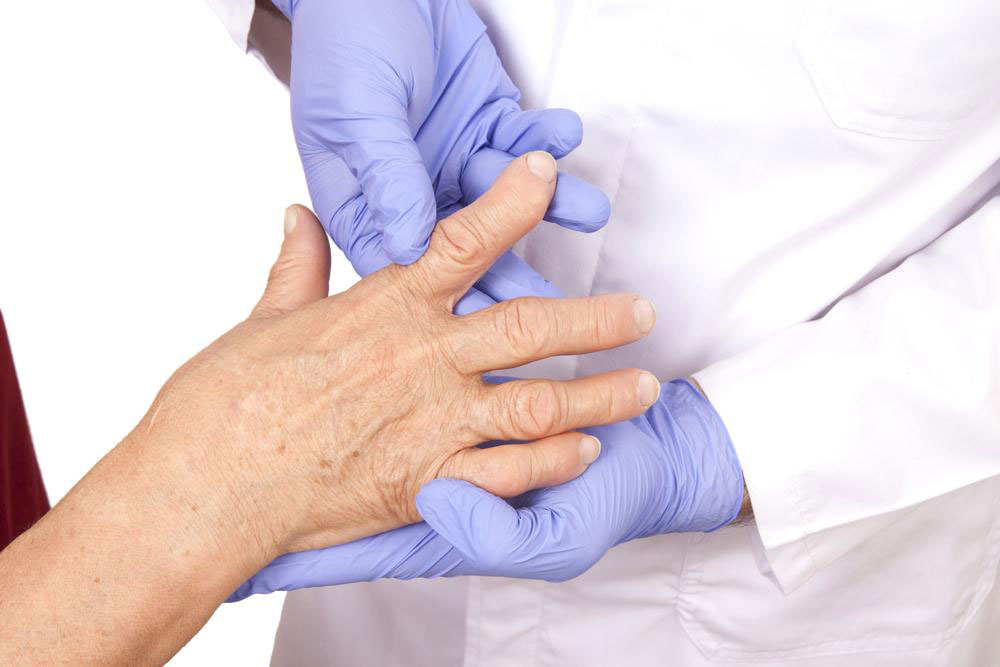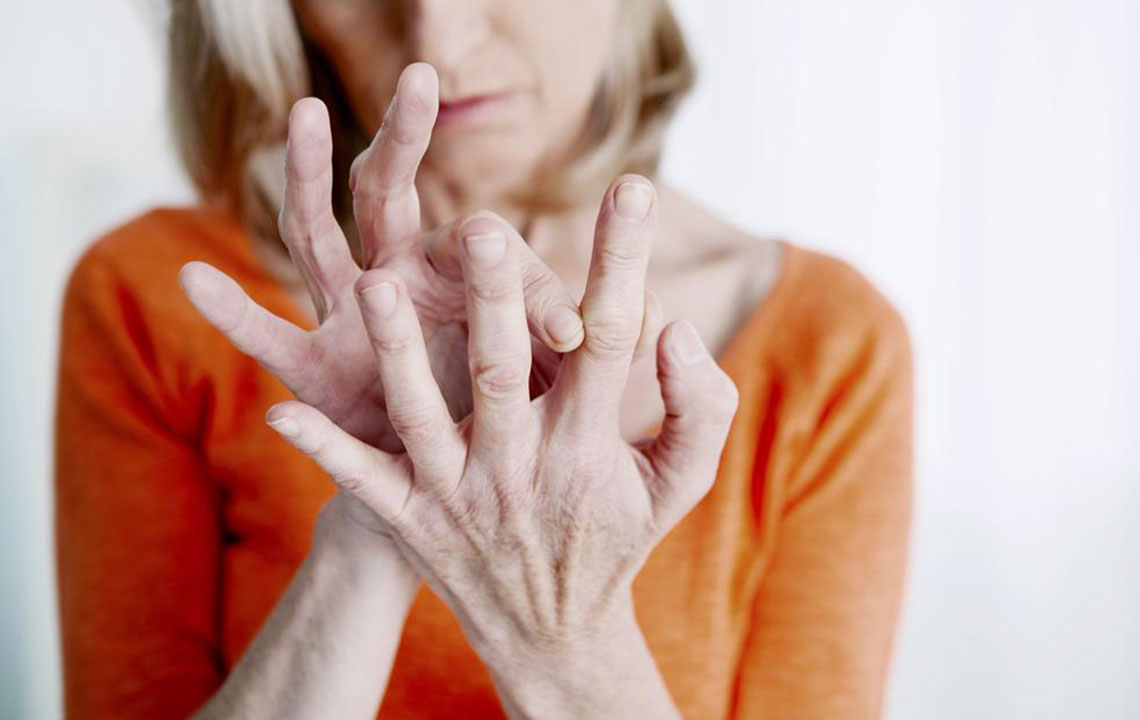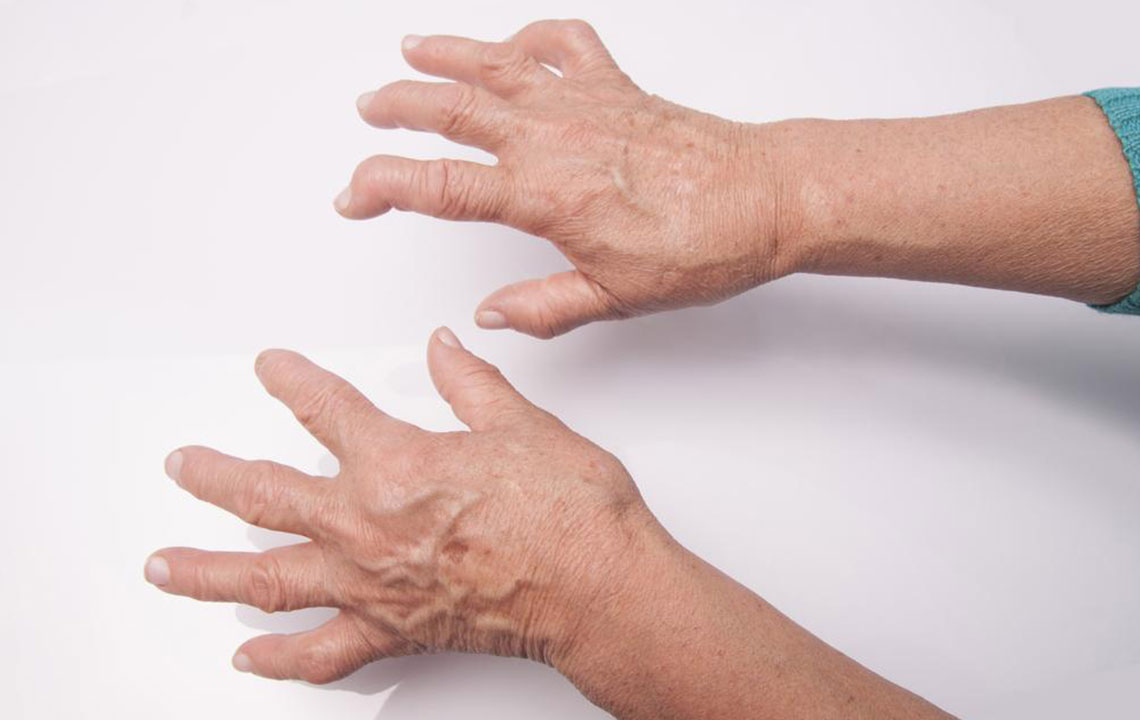Recognizing Key Signs and Symptoms of Rheumatoid Arthritis
This article outlines the key symptoms of rheumatoid arthritis, including fatigue, joint stiffness, swelling, redness, and pain. Early recognition of these signs can aid in timely diagnosis and management. While no cure exists, appropriate treatment can reduce inflammation, improve joint function, and prevent deformity. Understanding these symptoms helps individuals seek prompt medical attention and manage the condition effectively.
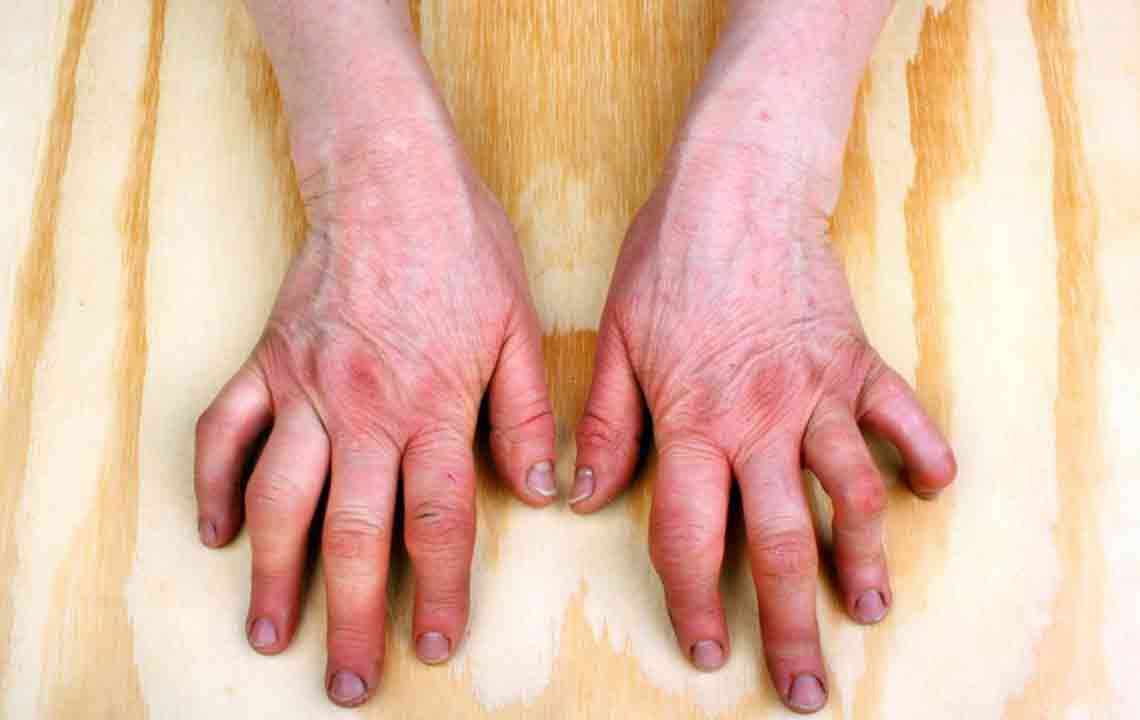
Recognizing Key Signs and Symptoms of Rheumatoid Arthritis
Rheumatoid arthritis is an autoimmune condition characterized by persistent inflammation of the joints. It can sometimes become a systemic illness affecting multiple organs, making diagnosis challenging. This condition causes ongoing joint pain, swelling, and tenderness that can fluctuate over time. Early symptoms often develop gradually, progressing over weeks or months. Recognizing these signs early is crucial for effective management. Symptoms vary between individuals and may include fatigue, morning stiffness, joint pain, swelling, redness, and more, highlighting the importance of prompt medical evaluation.
Persistent fatigue is often the first indicator, commonly accompanied by feelings of malaise or depression. Morning stiffness lasting more than an hour is a hallmark sign, especially when it persists for extended periods, indicating potential rheumatoid arthritis. Stiffness may also occur randomly in small joints such as those in the hands, and can happen any time of day, whether resting or active. Joint pain and swelling usually appear symmetrically, affecting areas like the wrists, fingers, knees, or ankles. Swollen joints may feel warm and appear enlarged, with redness sometimes visible. Other symptoms include fever, tingling sensations from nerve compression, and reduced joint mobility, which can impair daily activities. Although no cure exists, treatment aims to control inflammation, alleviate pain, and prevent joint deformity through medical management and lifestyle adjustments.
Note:
Our blog provides extensive information across various health topics, offering practical insights based on current research. Readers should consider this information as general guidance and consult healthcare professionals for personalized diagnosis and treatment. The site does not guarantee complete accuracy or coverage of all available therapies and offers. Always seek professional advice before starting any new treatment plan.

